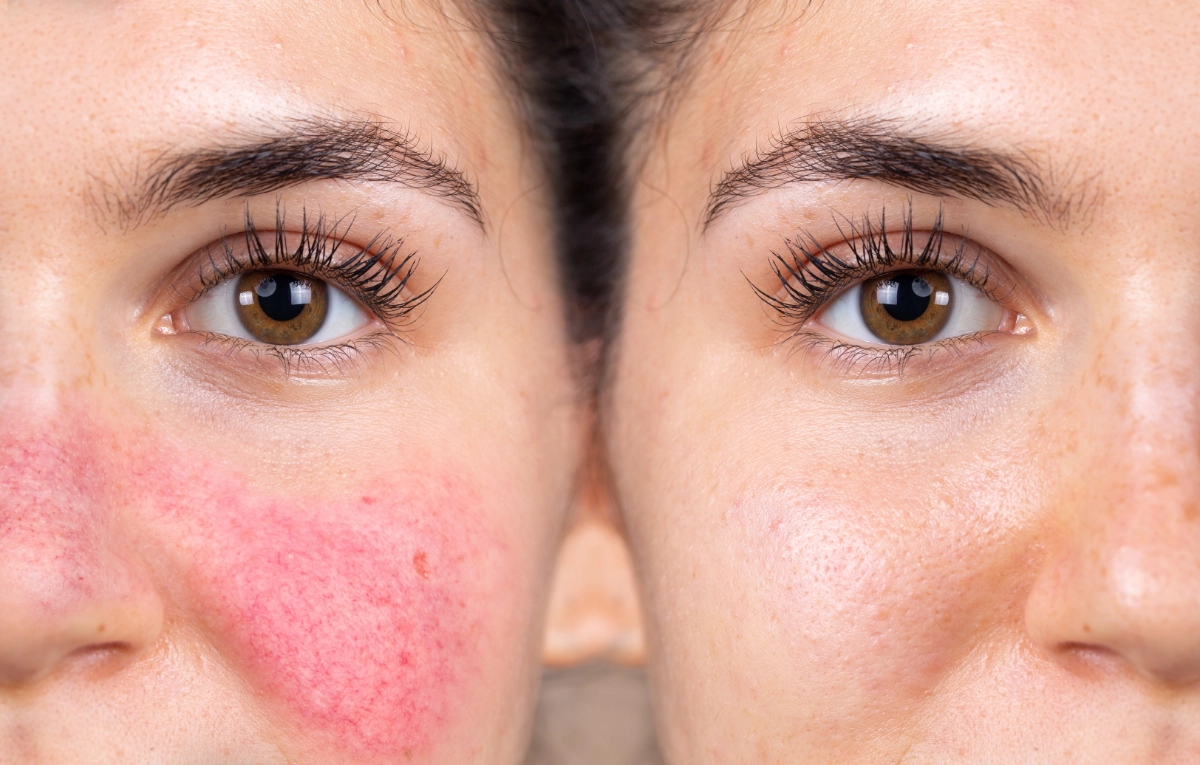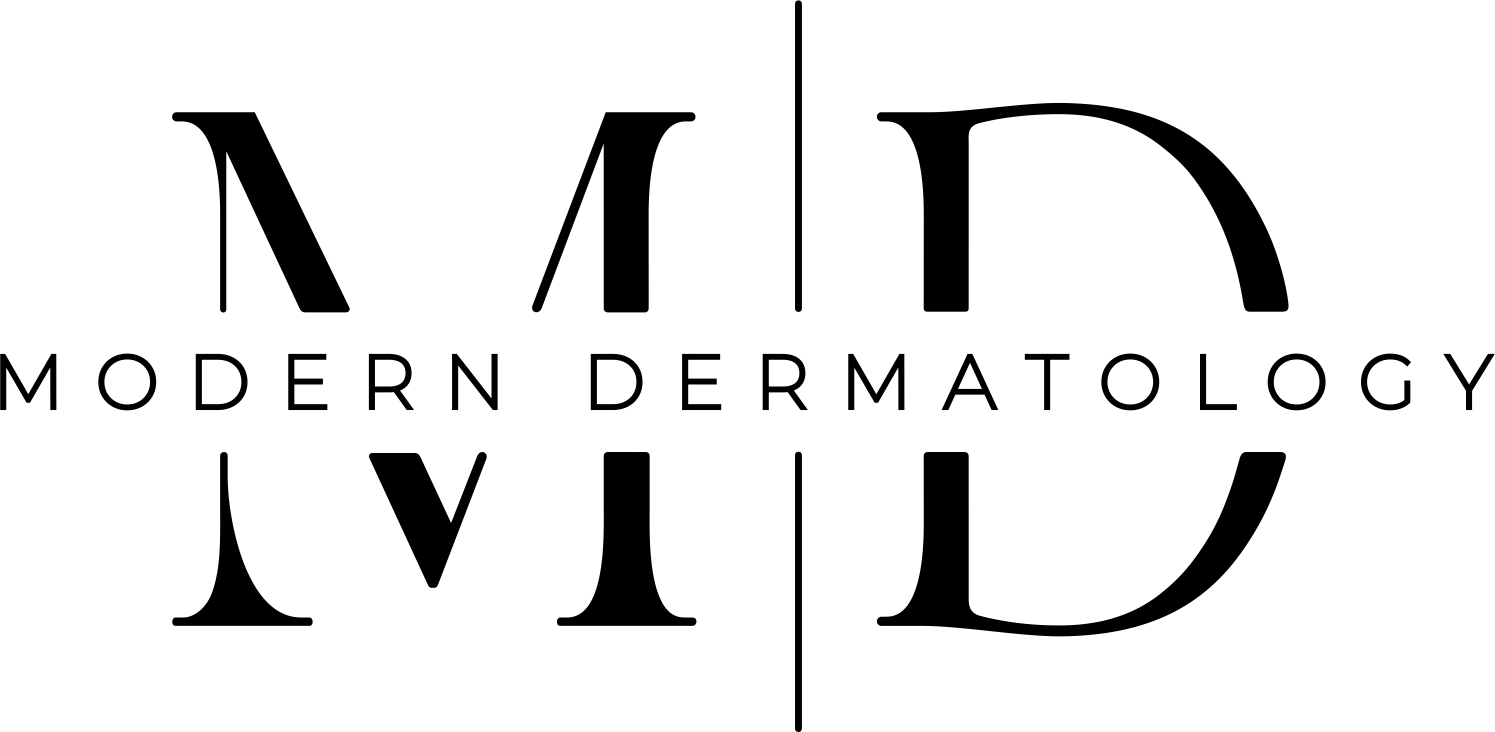
What Exactly Is Rosacea?
Rosacea is a common, chronic skin condition that primarily affects the face—causing persistent redness, visible blood vessels, and sometimes small bumps that resemble acne. It often comes and goes in cycles, with flare-ups triggered by environmental or lifestyle factors. While rosacea can affect anyone, it’s most often seen in adults over 30 with fair skin.
Why Does Rosacea Happen?
The exact cause of rosacea isn’t fully understood, but it’s believed to involve a combination of:
- An overactive immune response
- Genetic factors
- Abnormalities in facial blood vessels
- Skin mites (Demodex) or gut bacteria (H. pylori) in some individuals
Rosacea is not contagious and isn’t caused by poor hygiene.
What Increases the Risk of Developing Rosacea?
Several factors can make someone more prone to rosacea:
- Family history
- Fair skin, especially of Northern European descent
- History of frequent blushing or flushing
- Sun exposure
- Heat or extreme weather changes
- Stress or emotional triggers
Understanding the Symptoms of Rosacea
Rosacea can look different from person to person, but common signs and symptoms include:
- Facial redness or flushing, especially on the cheeks and nose
- Visible blood vessels (telangiectasia)
- Acne-like bumps or pustules
- Burning or stinging sensation
- Dry, irritated eyes or swollen eyelids (ocular rosacea)
- Thickening of the skin, especially around the nose (in severe cases)
Types of Rosacea Include:
- Erythematotelangiectatic – Redness, flushing, and visible vessels
- Papulopustular – Redness with acne-like breakouts
- Phymatous – Skin thickening, often on the nose
- Ocular – Affects the eyes and eyelids
Rosacea: More Than Skin Deep
While rosacea is a visible condition, it can also take an emotional toll—affecting confidence, social comfort, and quality of life. Early diagnosis and consistent treatment can make a big difference.
What Can Trigger a Rosacea Flare-Up?
Managing rosacea often means learning your personal triggers. Common ones include:
- Sun exposure
- Heat or hot beverages
- Alcohol—especially red wine
- Spicy foods
- Stress and anxiety
- Certain skincare or makeup products
- Strenuous exercise
Keeping a trigger diary can help you identify and avoid flare-up factors.
The Good News: Rosacea Can Be Managed
While rosacea doesn’t have a cure, it is highly manageable with the right approach. Treatment options may include:
- Topical and oral medications to reduce inflammation
- Laser or light therapy for visible blood vessels
- Gentle skincare routines
- Lifestyle and trigger management
- Eye care for ocular symptoms
You don’t have to live with constant redness and flare-ups. With professional care and the right treatment plan, rosacea symptoms can be significantly reduced. Contact us today to learn more about how we can help you restore comfort and confidence in your skin.
